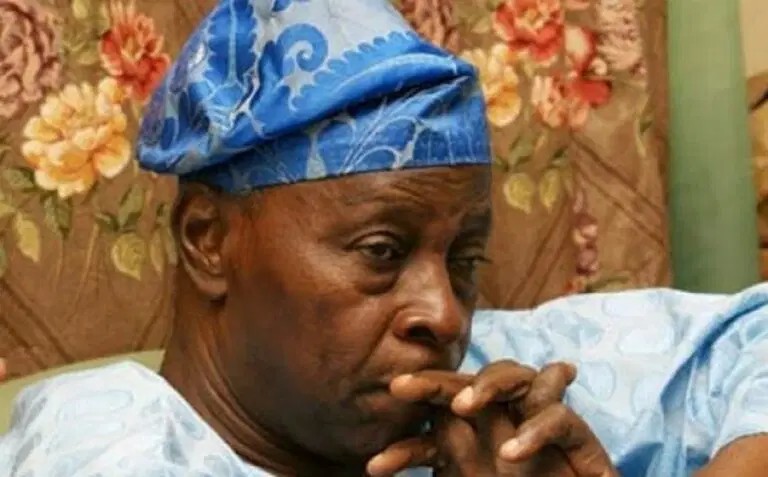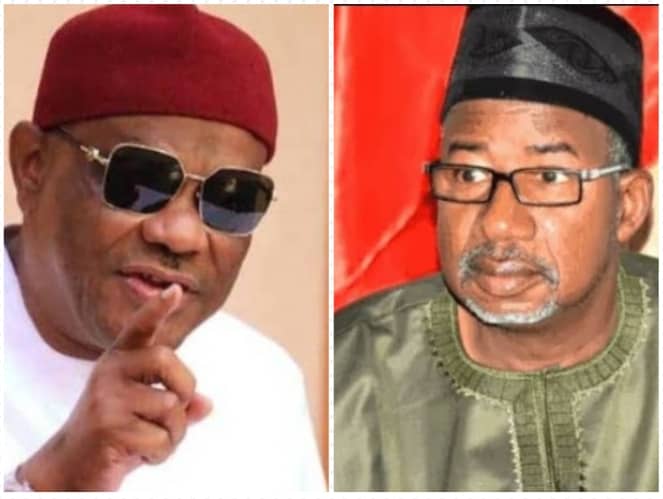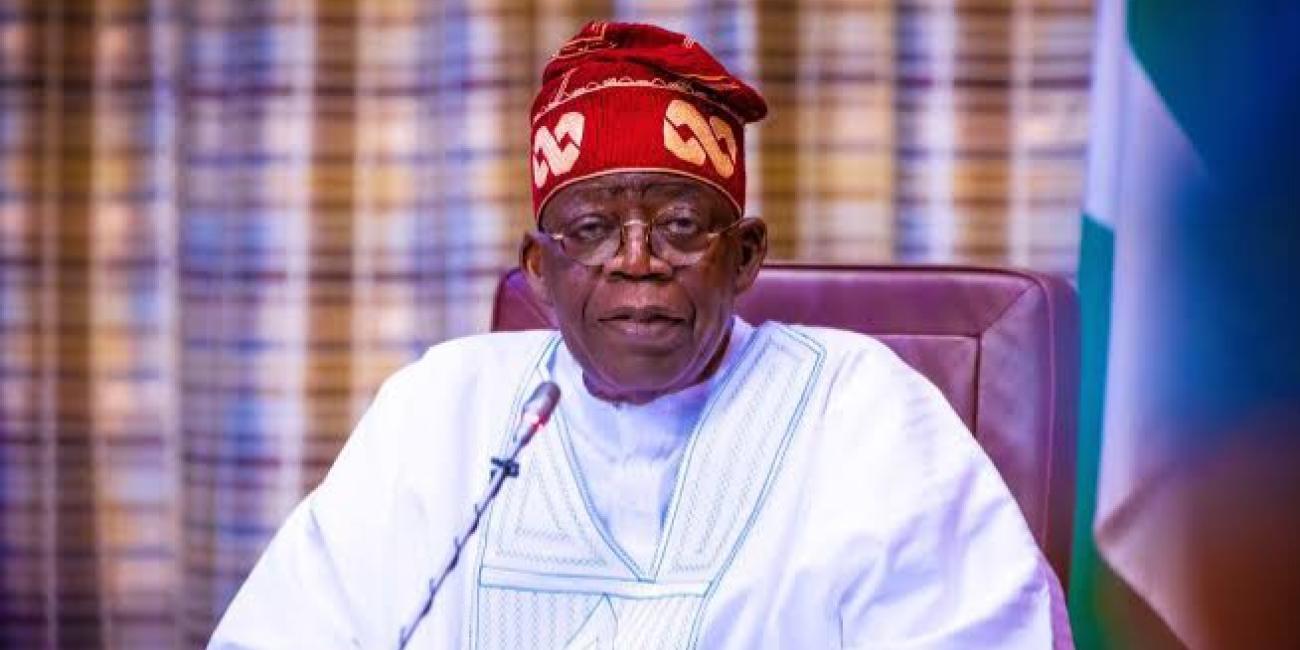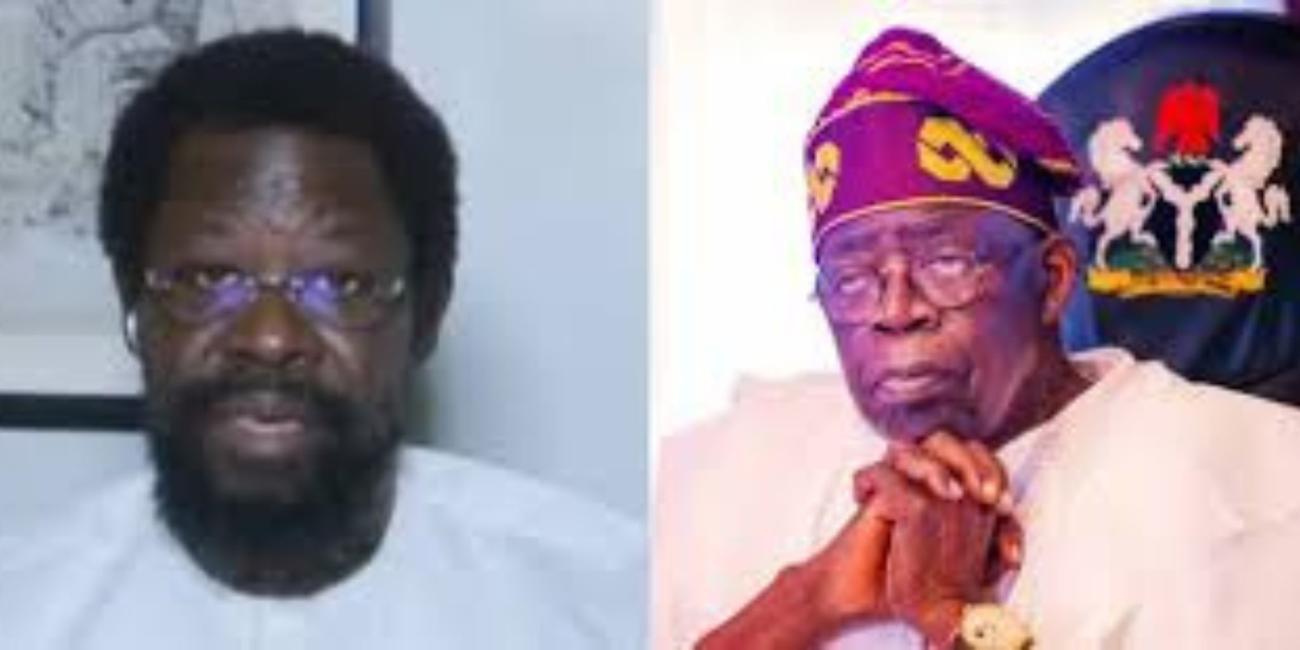Olu Falae, former Secretary to the Government of the Federation and presidential candidate in Nigeria’s historic 1999 elections, has reignited political debate by declaring that he, not Olusegun Obasanjo, won the election that marked Nigeria’s return to democracy.
Appearing on Arise TV’s Morning Show as part of the 2025 Democracy Day coverage, Falae alleged that the official results of the 1999 presidential race were manipulated to rob him of victory.
“My lawyer, the late Chief J.O.K. Ajayi, carefully reviewed the official vote tallies and found that I had won by over one million votes,” he said.
Despite the findings, Falae explained that he and his team decided not to contest the results in court a choice made in the interest of national stability after years of military dictatorship.
“We didn’t want to derail Nigeria’s transition to civilian rule. We made that sacrifice for the sake of peace and unity,” he said.
Falae’s remarks have resurfaced longstanding discussions around the legitimacy of the 1999 election, held after the deaths of military ruler General Sani Abacha and the transitional leadership of General Abdulsalami Abubakar.
At the time, Falae was the consensus candidate of a coalition between the Alliance for Democracy (AD) and the All Peoples Party (APP). His candidacy was largely seen as an attempt to appease the Yoruba people following the annulled June 12, 1993 election, which many believe was won by *M.K.O. Abiola*.
On the other hand, Obasanjo, himself a Yoruba and former military Head of State ran under the People’s Democratic Party (PDP) with widespread support from the political establishment and military elites.
“It wasn’t just about me. It was about saving Nigeria’s fragile democracy at the time. But now, the truth must be told,” Falae said during the interview.
“Nigeria deserves to know what really happened during that transition.”
Falae also criticized the state of democracy in the country, expressing disappointment in Nigeria’s continued struggle to conduct transparent and credible elections more than two decades later.





